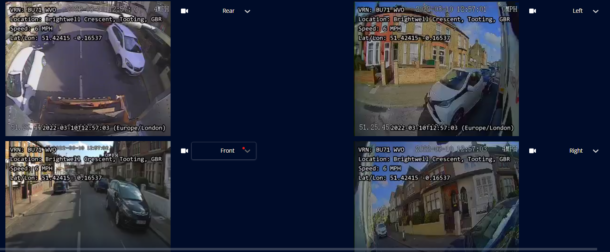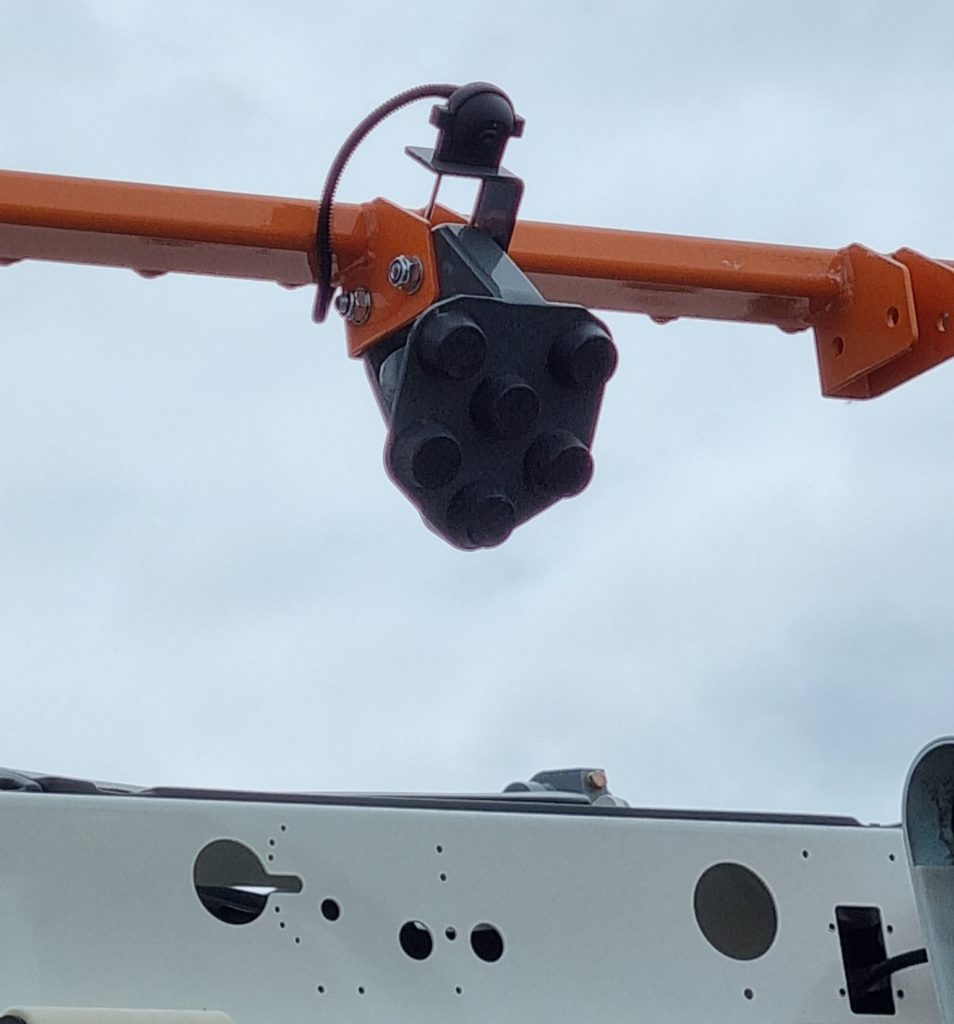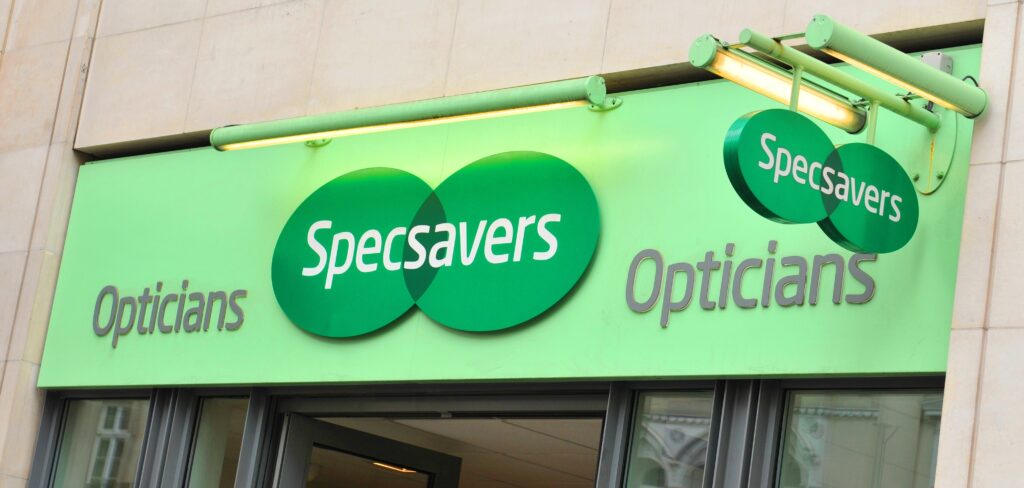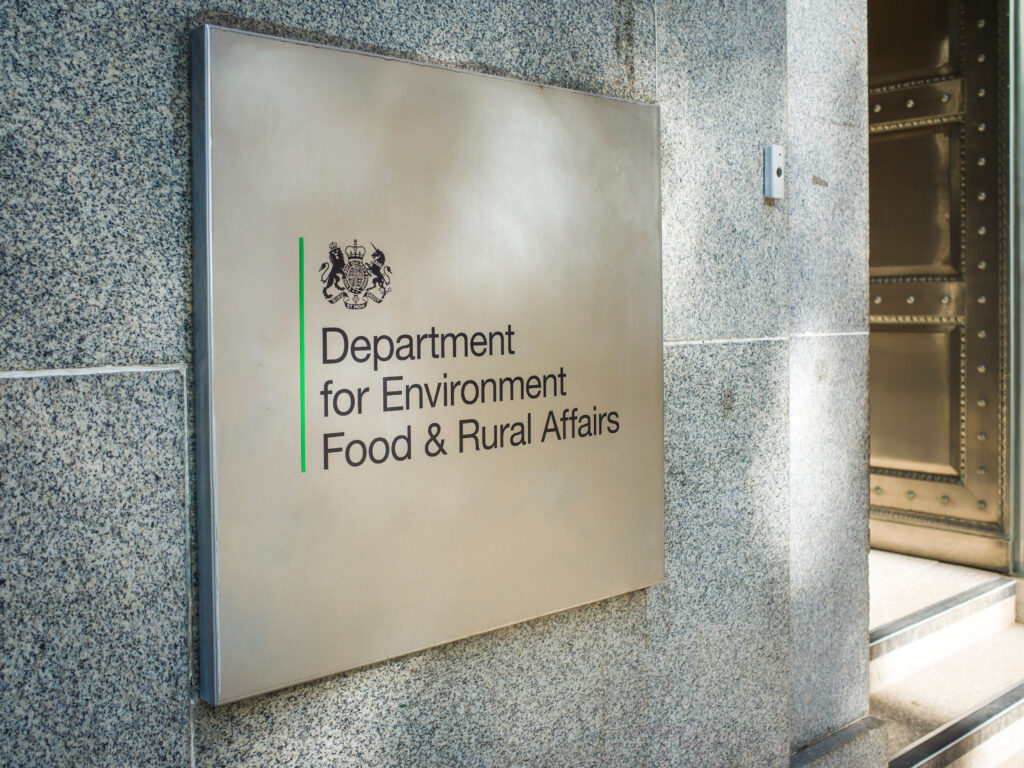The company added that this will also be rolled out with advanced training “to improve the awareness of the dangers associated with blind spots for those working with or around large vehicles and mobile plant”.
This follows other recent measures including lowered cab heights which places the driver in a better position to give more direct vision of other street users and reduces blind spots.
Veolia says it is constantly reviewing health and safety measures as it operates the second biggest self-managed fleet in the UK.
As well as the cameras, it will also be rolling out new footwear for crews to allow good movement in the ankle and foot which reduces stress on the joints when stepping forwards out of a cab.
Cameras
Veolia says the cameras, supplied by Vision Track, will enable crews to see into many of an RCVs blind spots, and the company says it’s the first in the UK to make such a move.

By providing both a reversing and working view at the back of the vehicle it will enable vehicle drivers to avoid incidents involving large vehicles or mobile plant, and the potential injuries or damage to buildings.
Richard Hulland, chief risk & assurance officer at Veolia said: “By using a combination of technology, backed by the latest training methods, we have given drivers enhanced visibility and raised awareness about the dangers of blind spots, and have seen a reduction in incidents.
“This has also enabled non drivers to gain a completely different perspective and understand how their interactions with these vehicles can remain safe at all times”.
Measures
Veolia has been ramping up efforts on crew health and safety in recent months.
Last year Veolia, working with University College London UCL, researched ways to reduce COVID 19 transmission for vehicle crews.
This led to modifications to improve interior airflow and help guard against aerosol transmission, and also helps crew alertness by keeping CO2 levels lower in the cab. By combining this with other measures the waste sector supported key workers to maintain better COVID security.
It also lowered cab heights for easy access “which also place the driver in a better position to give more direct vision of other street users”.
Combined with greater window areas this substantially reduced blind spots, and according to research also allows the driver to respond more quickly, Veolia said.












Subscribe for free